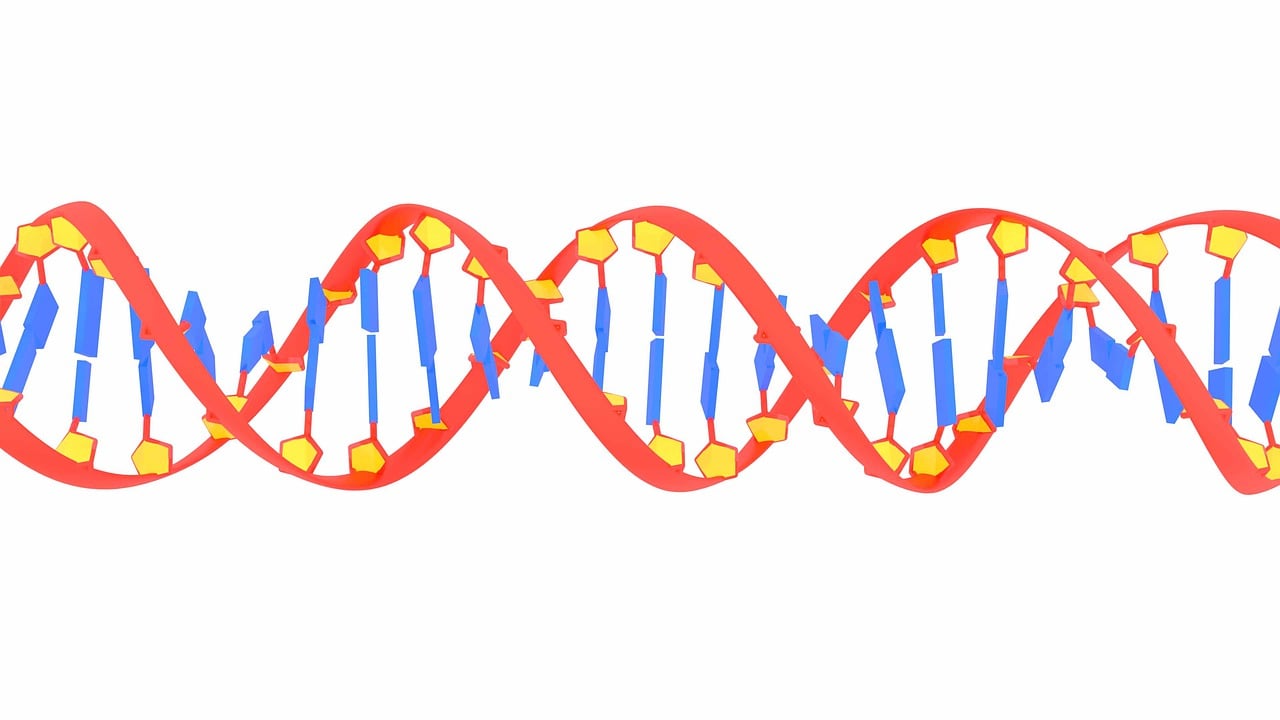According to a study published in Genome Biology, there may be further opportunities to increase production efficiency in the cattle sector and maybe in animal agriculture. Researchers from the USDA, Cornell University, and Baylor College of Medicine have shown that cattle have CoRSIVs much as people do. CoRSIVs are sections of the genome that include chemical markers on their DNA. These markers may tell farmers things like milk output, female fertility, and disease resistance, and they may help farmers choose and forecast desirable traits in cattle.
Most people know that each person has a unique set of genes or genome, but less known is that the expression of those genes is regulated by a system of molecular markings on the DNA – epigenetics – that tells different cells in the body which genes to turn on or off.
We focus on DNA methylation – the addition of methyl groups, the most stable epigenetic mark. DNA methylation differences between people can affect their risk of disease.
Dr. Robert A. Waterland
In 2019, Waterland and associates found that the human genome has unique areas known as correlated regions of systemic interindividual variation, or CoRSIVs. DNA methylation levels at CoRSIVs vary from person to person but are constant throughout the many tissues in each individual. This implies that measurements of CoRSIV methylation may be made in readily obtained tissues, such as blood, offering insights into the epigenetic control of internal organs including the liver, ovaries, and brain.
They suggested that examining these unique areas of the human genome is a potent means of identifying the epigenetic origins of disease based on their previous work, which identified over 10,000 CoRSIVs. CoRSIVs have previously been linked to a variety of health outcomes, such as autism spectrum disorder, schizophrenia, cancer, thyroid function, cognition, type 2 diabetes, cleft palate, and childhood obesity.
The purpose of the current investigation was to determine if cattle also have CoRSIVs. The group examined whole-genome DNA methylation sequencing data from two Holstein cows, examining several organs from each animal.
The algorithm we developed indicated that cattle do indeed have CoRSIVs,
Even more exciting, we showed that cattle CoRSIVs share major hallmarks with those in humans, suggesting CoRSIVs are likely present in other mammals. The race is on to find them in other species, such as horses and pigs.
Wen-Jou Chang
We validated our computational findings by laboratory analysis of liver, kidney, brain and blood tissues from 20 different Holstein calves to confirm some of the CoRSIVs Wen-Jou identified,
This independent validation added great strength to the study.
Dr. Robert A. Waterland
In recent decades, cattle agriculture has focused on genetic selection to achieve substantial advances in milk production. CoRSIVs may offer a new approach to improve the selection of traits that are desirable to the cattle industry in a sustainable way that reduces cost and environmental impacts.
Dr. Yi Athena Ren
Cattle CoRSIVs, like those in people, are established early in life and are stable across the individual’s life,
In newborn cattle, methylation patterns across subsets of CoRSIVs may be able to predict future performance. They may be associated with specific desirable traits, like abundant milk production, high female fertility, disease resistance or even heat tolerance, helping select individual calves with traits that will lead to increased productivity.
Dr. Robert A. Waterland
The researchers demonstrated that the early embryonic environment affects the development of DNA methylation in cow CoRSIVs, just as it does in humans.
Also, Read| Research: A new neural biomarker for OCD
This suggests that adjusting embryo culture conditions during assisted reproduction may provide opportunities to tailor agricultural outcomes by epigenetic engineering,
In addition to assisting with the selection of desirable traits, CoRSIVs can help understand disease processes and individual variation among cattle. And, if, as we expect, CoRSIVs are a general feature of the mammalian genome, such agricultural opportunities are not limited to cattle.
Dr. Yi Athena Ren
Source: Baylor College of Medicine News
Journal Reference: Chang, Wen-Jou et al. “Systemic interindividual DNA methylation variants in cattle share major hallmarks with those in humans.” Genome biology vol. 25,1 185. 15 Jul. 2024, DOI: 10.1186/s13059-024-03307-6.
Last Modified:





